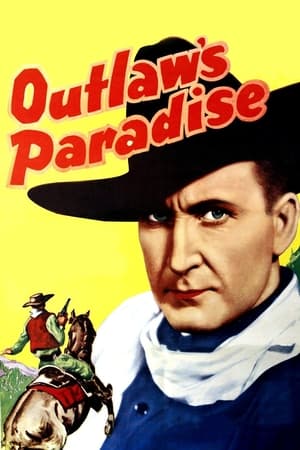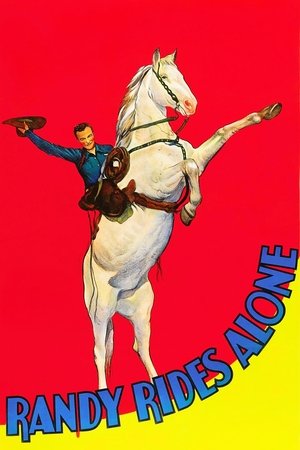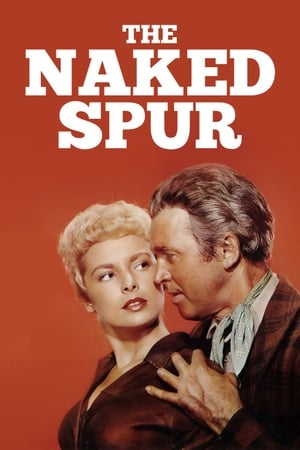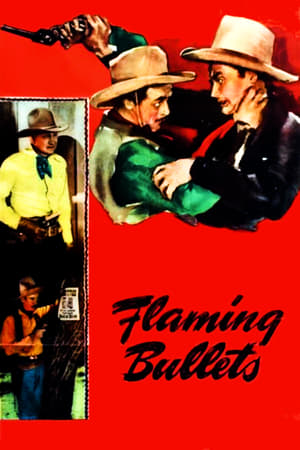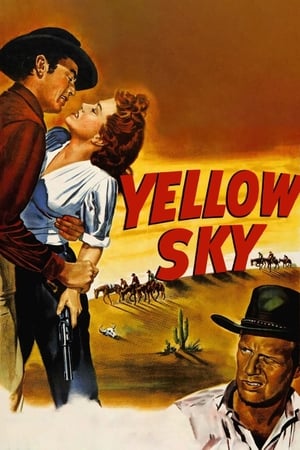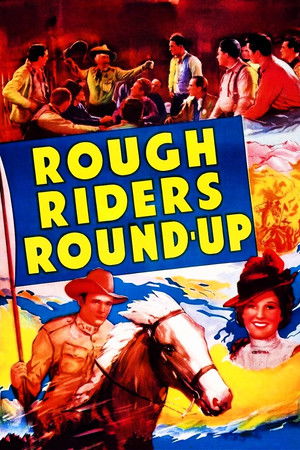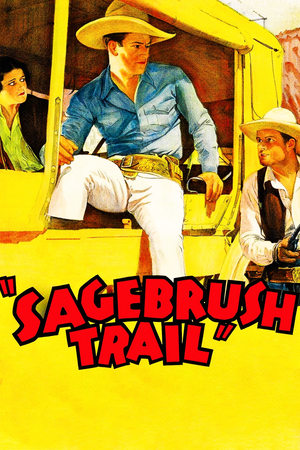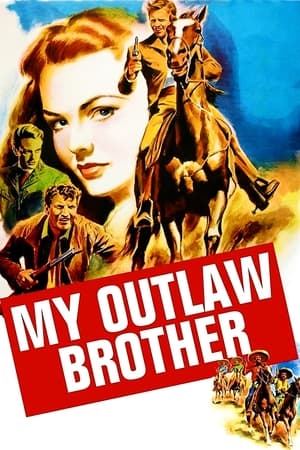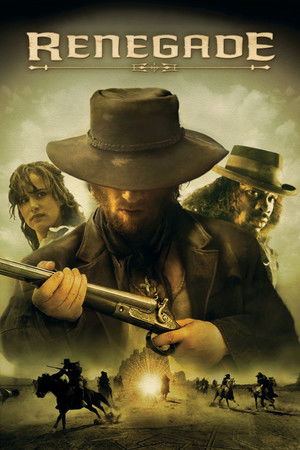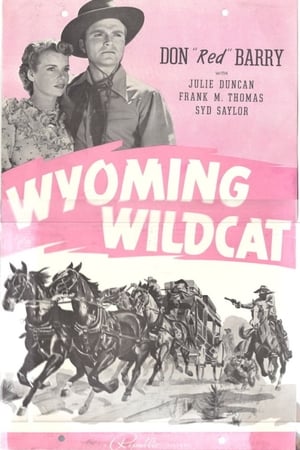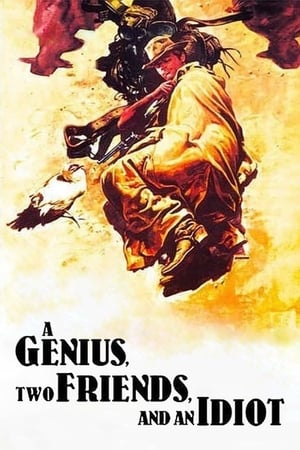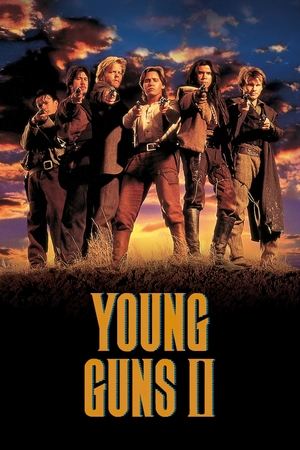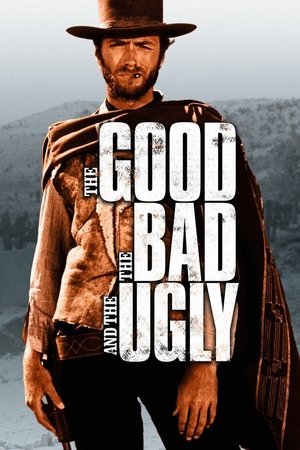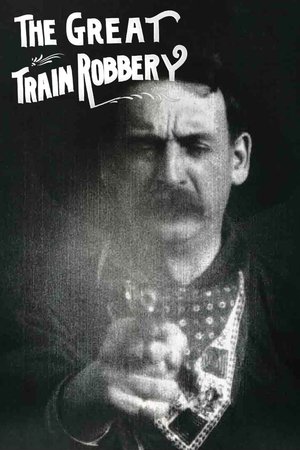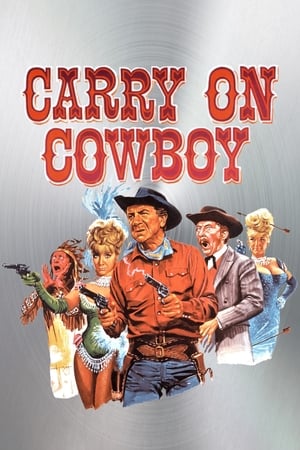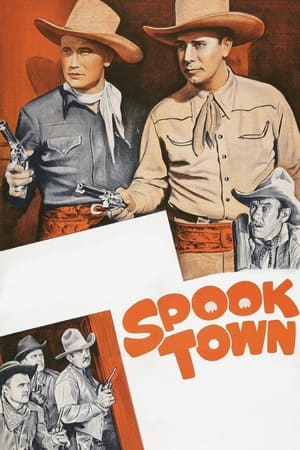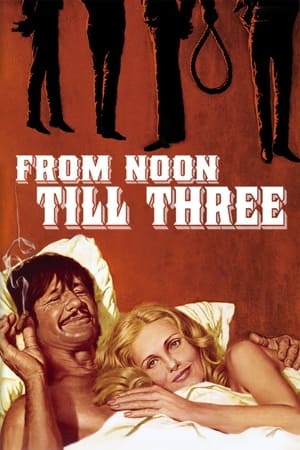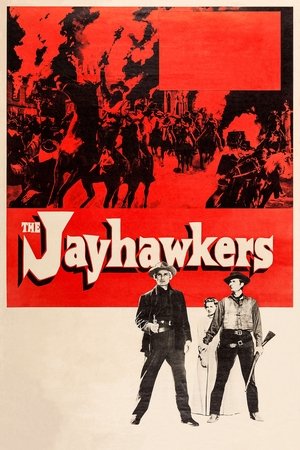Overview
Jake Wade breaks Clint Hollister out of jail to pay off an old debt, though it's clear there is some pretty deep hostility between them. They part, and Jake returns to his small-town marshal's job and his fiancée only to find he has been tracked there by Hollister. It seems they were once in a gang together and Jake knows where the proceeds of a bank hold-up are hidden. Hollister and his sidekicks make off into the hills, taking along the trussed-up marshal and his kidnapped bride-to-be to force the lawman to show them where the loot is.
Reviews
More than meets the eye in John Sturges' excellent Oater.
Jake Wade, a former thief and gunman is now the town marshal. Out of a need to clear a debt, he breaks a former accomplice of his, Clint Hollister, out of jail, and almost immediately starts to regret it. It seems that Wade hid some monetary spoils out in the hills and Hollister wants his hands on it. So along with his gang, Hollister forces Wade and his fiancée to go out searching for the cash. But not only is there conflict within the group, there is the small matter of the deadly Comanche to worry about as well.
The Law And Jake Wade comes with some pretty solid Western credentials from the off. Directed by John Sturges (Gunfight at the O.K. Corral/The Magnificent Seven), starring Richard Widmark (Warlock/The Alamo), Robert Taylor (Saddle The Wind) and photographed by Robert Surtees (Oklahoma!/Escape from Fort Bravo). Widmark is on prime bad guy form as Hollister, and Taylor, who was often accused of being stiff, is perfect foil playing sedate off of Widmark's borderline evil. The cinematography is luscious from Surtees, both Death Valley and The Alabama Hills in California are as imposing as they are beautiful, with Sturges framing his blurry good vs bad characters amongst them to great effect. What action there is {this is primarily a talky picture in reality} is handled adroitly by the wily Stugess, with a Comanche attack on our protagonists in a ghost town, particularly exciting. It's very rare to see arrows and spears glide so gracefully on their path to pain as we do here, all crisply enveloped in MGM's choice of Metrocolor.
But really it's with the story itself that the film lifts its being to rank with the better genre offerings. William Bowers' screenplay, adapting from the Marvin H. Albert novel, on the surface looks like a standard good guy-bad guy dovetail piece, but things are purposely left unanswered to fully form the issues (yes you read it right). Is it for nothing that Wade, our law man, the "good" guy, is all in black throughout the piece? With Hollister all shiny in denim blue! Why is the money out buried in the hills after all this time? And come the finale you should be forced into a rethink about the law and all its little peccadilloes. There really is more on offer here if you give it your undivided attention. Some minor itches aside {Patricia Owens love interest looks lost for example}, The Law And Jake Wade is a fine genre piece that deserves better than being called a weekend time filler. 8/10
_**"This town's not big enough for the both of us" (literally)**_
Released in 1958, "The Law and Jake Wade" stars Robert Taylor as the title character who was an outlaw after the Civil War, but is now a sheriff out West. A member of his former gang, Clint Hollister (Richard Widmark), won't let him start a new life and forces Jake and his fiancé (Patricia Owens) to lead him and a few other ne'er-do-wells to some buried money in a ghost town in the mountains. Unlike Jake, Clint is bad through and through and the new lawman is convinced he'll kill him after he gets the money.
This Western has a lot going for it: a solid cast, particularly Taylor as Wade and Widmark as the arrogant and no-good Clint (both are convincing Westerners); utterly breathtaking Western locations, shot in Alabama Hills , Lone Pine and Death Valley National Park, California; and some fascinating ruminations on the nature of morality, evil, law, friendship and rivalry.
As far as law goes, Clint argues that he killed and looted before and after the war, which society naturally considered evil, but he did the same thing during the war where the South viewed him as a faithful citizen. To him there's no difference, but Jake sees the difference in that the state of war may justify certain actions against enemies that aren't justified otherwise. Furthermore, Jake regrets his outlaw days whereas Clint has zero qualms about the evil that he wreaks.
Unfortunately, there are some problems on this front that are never answered. For instance, if Jake is now a "good man" and respects law and order (which explains the movie's title) why does he foolishly break Clint out of jail at the beginning of the movie? It's revealed that he's a man of honor who's paying back a debt, but – by doing this – he releases a serious criminal to continue to commit atrocities. He even admits that he's convinced that Clint will eventually murder him, which means he knows he's incorrigible.
Furthermore, in breaking Clint free of his death sentence a few guys get shot during the escape, although not killed. Isn't this a ridiculous risk even if Jake's being honorable by repaying a debt? It's not just a risk of innocent people potentially dying, but Jake's face was undisguised for all to see, which could potentially ruin his new life (more on this below). Everything points to nothing good coming from saving Clint from the hangman's rope but, then again, maybe Jake was holding on to the slightest possibility that Clint would see his good fortune and go straight. In other words, he was hoping for redemption for the man. In fact, it was presumably this very thing that turned Jake around.
An aspect about the plot that I liked was the friendship AND hostility of Jake and Clint's relationship. I've experienced one significant relationship like this where it's a close friendship, but with flashes of hostility rooted in the stoo-pid rivalry of the other guy, which he can't seem to deal with. Right now we're on negative terms because I dared to confront him about something he was doing that was wrong and he didn't like it. I'm about ready to call him and say (with a Western twang), "This town's not big enough for the both of us."
The main reason I'm not giving "The Law and Jake Wade" a higher rating is because of the contrived nature of certain aspects of the story and some obvious plot holes. For instance, at the beginning Jake enters the jailhouse early in the AM and the sole person guarding Clint doesn't even hear that someone entered the facility until Jake sticks a gun to his back. Why sure! Furthermore, as noted above, Jake doesn't seem to be doing a lot to disguise his identity when the town's a mere 60 miles or so from the town where he's the sheriff. Wouldn't law officers in one town be relatively known in other towns in the general region? So Jake's taking an unbelievable risk in openly breaking Clint out of jail without a disguise (a simple scarf hiding his face would've solved this issue). These types of problems in scripts – particularly old Westerns (pre-60s/70s) – insult the intelligence of viewers and loses their respect. There are numerous 50's Westerns and earlier that are guilty of these types of eye-rolling contrivances and plot holes.
Nevertheless, there's definitely enough good in "The Law and Jake Wade" to give it a thumbs up, especially the two strong leads, their love/hate relationship and the fascinating explorations of good and evil, law and outlawry, friendship and rivalry. Too bad the film's glaring negatives hold it back from greatness. Still, it's one of my personal favorite Westerns.
DeForest Kelley (aka Dr. McCoy) appears in a peripheral role as one of Clint's heavies.
The film runs 86 minutes.
GRADE: B

 86 min
86 min
 6.6
6.6
 1958
1958
 USA
USA
 John Chard wrote:
John Chard wrote: